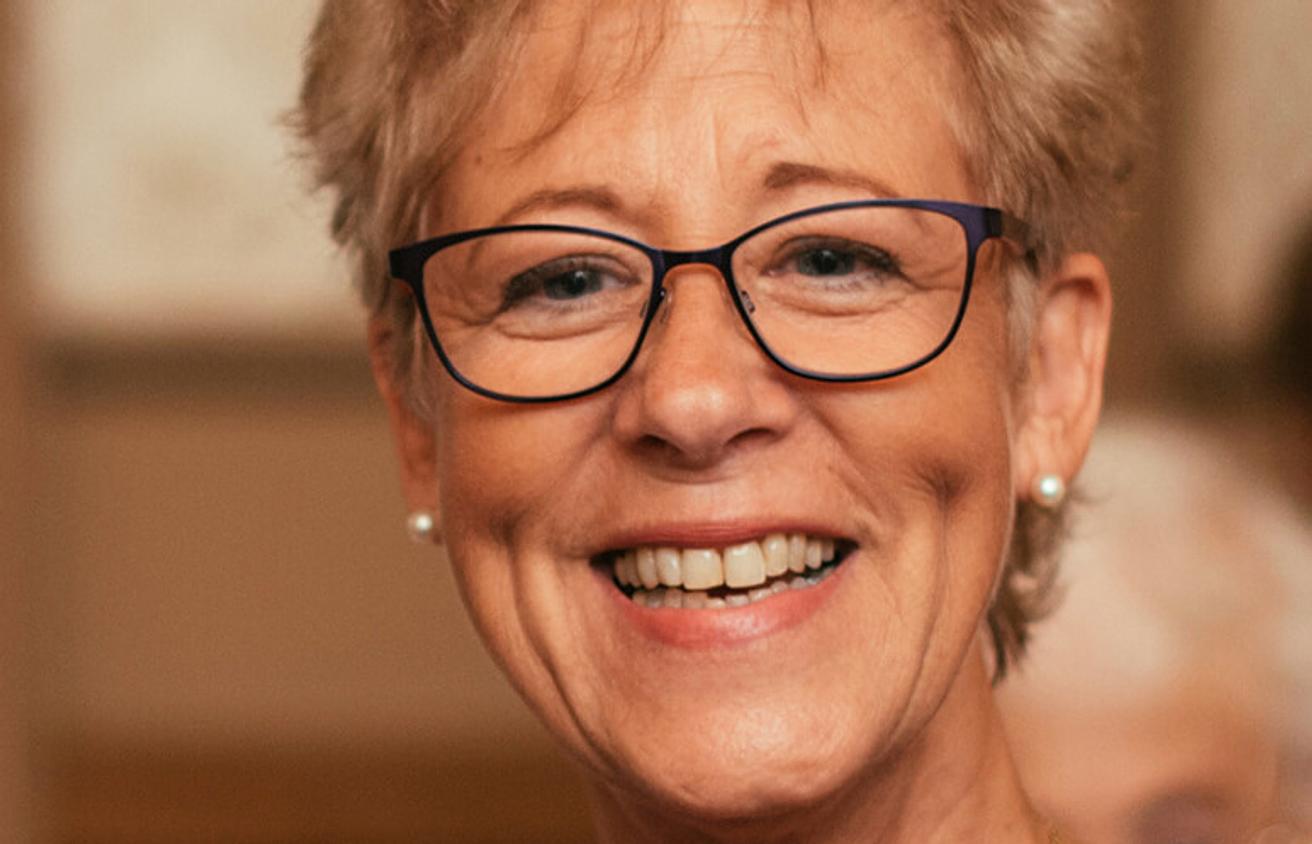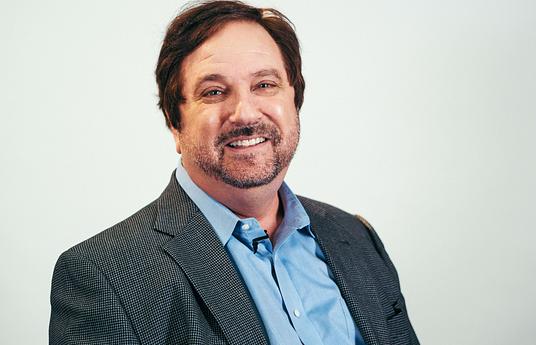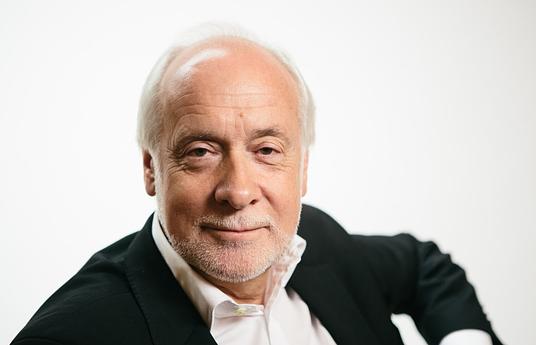Janni Nicol
Janni Nicol is an advisor and writer on Steiner Waldorf education and creative play. She is the UK early childhood representative for Steiner Waldorf kindergartens and sits on the board of the International Association for Steiner Waldorf Early Childhood Education. Originally from South Africa, Janni is now based in Cambridge where she was the founding kindergarten teacher at Cambridge Steiner School.
Skills
What is the best way to prepare children in the early stages of their formal education for the needs of the 21st century?
In Steiner Waldorf early childhood settings, I would say it is to really enable children to develop holistically. Children are given time to experience an extended childhood, that means up to seven years old, providing them with a warm and homely, sensorially protected environment. It is an enabling environment with no technology where they are supported by well trained teachers who can be a role model in social, emotional and physical activity. This will help to stimulate the child's self-learning in an unconscious way.
Children today, particularly in this fast moving, busy and very pressured world, need time and space to develop all round skills for life - to become social and empathetic, to listen, to hear and to understand. They need to become competent in taking care of themselves, each other and their environment. This is so important.
There is also the possibility for them, within the Kindergarten, to develop their artistic capacities in music or song, poetry, story-telling, crafts, drawing and painting, puppet shows, in creating and building and so on. They also develop their physical bodies through indoor and outdoor activity in a holistic way as well as through the business of daily life - not just through exercise. We see it as most important that they develop these skills through unconscious participation. Not through formal instruction but through their own child-initiated play and by using their imagination and creativity in a well-planned and enabling environment supported by good teachers. They should have an opportunity for awe and wonder, to be still in themselves, as well as having the space and time to develop at their own pace and in their own way.
One of the things that Steiner said was that children need imagination, a sense of truth and a feeling for responsibility. Out of this they will be able to create a world where mankind can live and grow harmoniously together. If we provide a foundation for this to develop we're doing the right thing.
Teachers
What do you think the key challenges are for teachers?
I think teachers' creativity in the UK is somewhat deadened - they aren't able to be creative teachers. They are restricted in the way that they can teach and in the way they can be with children because of the curriculum that is imposed on them.
I think for Steiner teachers the challenge is continuous self-development, and how to provide an environment which is child sensitive and enabling while also promoting imagination and wonder. It is also how to be a role model worthy of imitation by the child. That means in gesture, in speech, in action and in what they do. That's really hard - It's having high ideals for yourself.
Teachers should also be objective observers of the children in their care and should interact only when necessary to guide children's play and social interaction. They should be able to make formative and summative assessments of the children's learning and development, to be able to create an environment suitable for particular needs.
Another skill is to work together with the families, parents and carers. I think that’s quite a challenge today because parents and carers are so busy, and are so needy - often because there's so much information available. It's quite difficult to be able to narrow down the specifics on how to be with children and what their real needs are. Parenting is really difficult today, so to be able to encourage good parenting and to work together with the parents, with the child at the centre, is really important.
Environments
What do you think the most exciting and productive learning environment is?
Outdoors! Where children can garden, grow food, compost and recycle, run and hide, make dens and climb trees. Where children can go for walks and eat and play together.
Also an indoor environment which is beautiful, aesthetic and very calm and simple. I think it's so important that equipment and toys are made from natural materials and are sensorially pleasing, and not too many - not too much choice. They need to be open ended toys which can enable creativity and imagination to flourish. If you give them too many fixed toys, like lego blocks where you can only build in a certain way, it's quite limiting, whereas if they have wooden planks, toys and logs they can do just about anything with them. It's also important that they celebrate festivals and events, and that families are welcome into the environment. Where arts and crafts are valued for the experience that they provide, and not just for the end result.
The environment should be a place where life skills are practised through activities such as cooking, cleaning and caring for themselves and their equipment. Where children learn to take care of themselves - dress or wash themselves properly, or set the table and eat together. Where food is valued because they, hopefully, prepare and cook it themselves.
Children have lots of time to work with technology at a later stage and to use it creatively. If they use it too young it kind of takes them over, they're absorbed by it rather than able to use it. They need to learn to be creative first and use their imagination and fantasy rather than be used by I.T. I.T is not encouraged in Steiner schools, not until Secondary.
Leadership
What role should government play in education?
I think they should stop interfering. I think the UK government should stop seeing children as future workers or education as being economically driven.
In England the statutory school starting age is five, but formal education begins much earlier in Reception classes and even in the early years. You can see this if you look at the Early Years Foundation Stage Statutory Framework - there is an emphasis on reading, writing and maths right at the beginning. The government now are talking about bringing in baseline testing at five and formal testing at seven. And this is at an age where in many other countries children are only just beginning their formal lessons. It's absolutely crazy.
Childhood should be accepted as a phase in itself and children should not be put under pressure to read, write and do maths in order to deliver expected and often unrealistic results at an early age. They should focus on childhood as a valuable time when children are given the foundation for physical, emotional and cognitive intelligence. They should be allowed to develop their values, a sense of responsibility, creativity, initiative, enthusiasm and wonder. All of these things are essential for lifelong learning.
Personal memory
What is your favourite moment in your own education?
I went to a Steiner Waldorf school, and it's not really a memory as much as a ‘sense’. It was a sense of joy and happiness and love and care. I remember playing and listening to stories in the early years. I had wonderful teachers who educated me holistically and saw me as an individual.
The next 100 years
The next 100 years of Finnish education should... continue to provide children with an extended, creative childhood where they can develop skills and enthusiasm for life and a sense of social responsibility for themselves, each other and the earth.
Finland is a leader in the field of providing a child centred education, keep it up! Continue to be a beacon for creative education and later formal learning.




